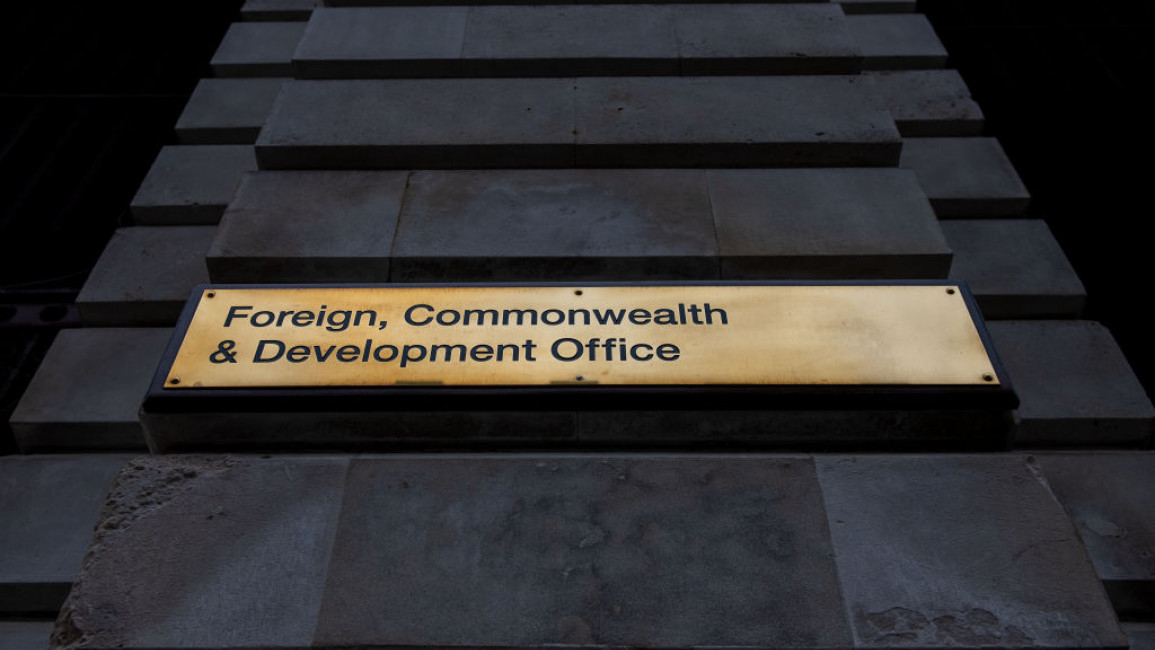Development experts criticise UK's Foreign Office for 'moving away' from poverty focus
Development experts have offered a scathing verdict of the Foreign, Commonwealth & Development Office’s (FCDO) first year in operation, arguing that Britain’s position as a “development superpower” is under threat.
The Department for International Development (DFID) and the Foreign and Commonwealth Office (FCO) were merged in September 2020 to form FCDO. The move was celebrated by Boris Johnson’s government as uniting “development and diplomacy in a single department”.
However, the Centre for Global Development (CGB), a research and outreach organisation looking at ways to reduce global poverty, has criticised the new department for failing to prioritise poverty reduction and for evading transparency over its spending and cuts.
“Our fears have materialized. The FCDO has veered away from a poverty focus, its commitment to development effectiveness has waned, and its expertise has been heavily diluted,” said the Centre for Global Development.
“The merger, combined with the substantive aid cuts, has started to threaten the UK’s once heralded status of a development superpower,” added the CGD.
The UK government announced plans to slash its aid budget in response to the Covid-19 pandemic. The cuts amount to over £4 billion, with spending on overseas assistance dropping from 0.7 per cent to 0.5 per cent until certain fiscal conditions set out by the treasury are met.
Despite being widely criticised by development groups and facing a cross-party rebellion in the House of Commons, the UK parliament voted in support of the cuts in July 2021, which could reduce spending to South Sudan by around 59 percent and to Syria by around 30 percent.
The CGD said the FCDO showed “early signs” of evading public scrutiny on issues such as the overseas aid cuts compared to its predecessor DFID which showed “global leadership on issues such as transparency”.
The day the merger was announced, the chair of the International Development Committee (IDC), which is the parliamentary body responsible for scrutinising UK aid activities, was informed that the committee would be closed. It was only after strong push-back that the IDC survived.
Development experts also warned of “signs of expertise loss” as different roles were brought together under a new management structure.
Since last year’s merger, more than 200 development professionals have left, according to a report by Devex. A Freedom of Information request revealed that a total 212 former DFID were no longer with the FCDO.
“It is clear that development has not been given the ‘new prominence’ of place within UK international policy that was stated when the merge was first announced,” said CDG.
FCDO is also facing intense criticism for its handling of the crisis in Afghanistan following the Taliban’s lightning offensive and the chaotic scenes at Kabul airport.
UK Foreign Secretary Dominic Raab - head of FCDO - has been fielding several calls for his resignation by MPs and members of the public as he was on holiday in Crete when the Taliban were storming Afghanistan’s capital.



